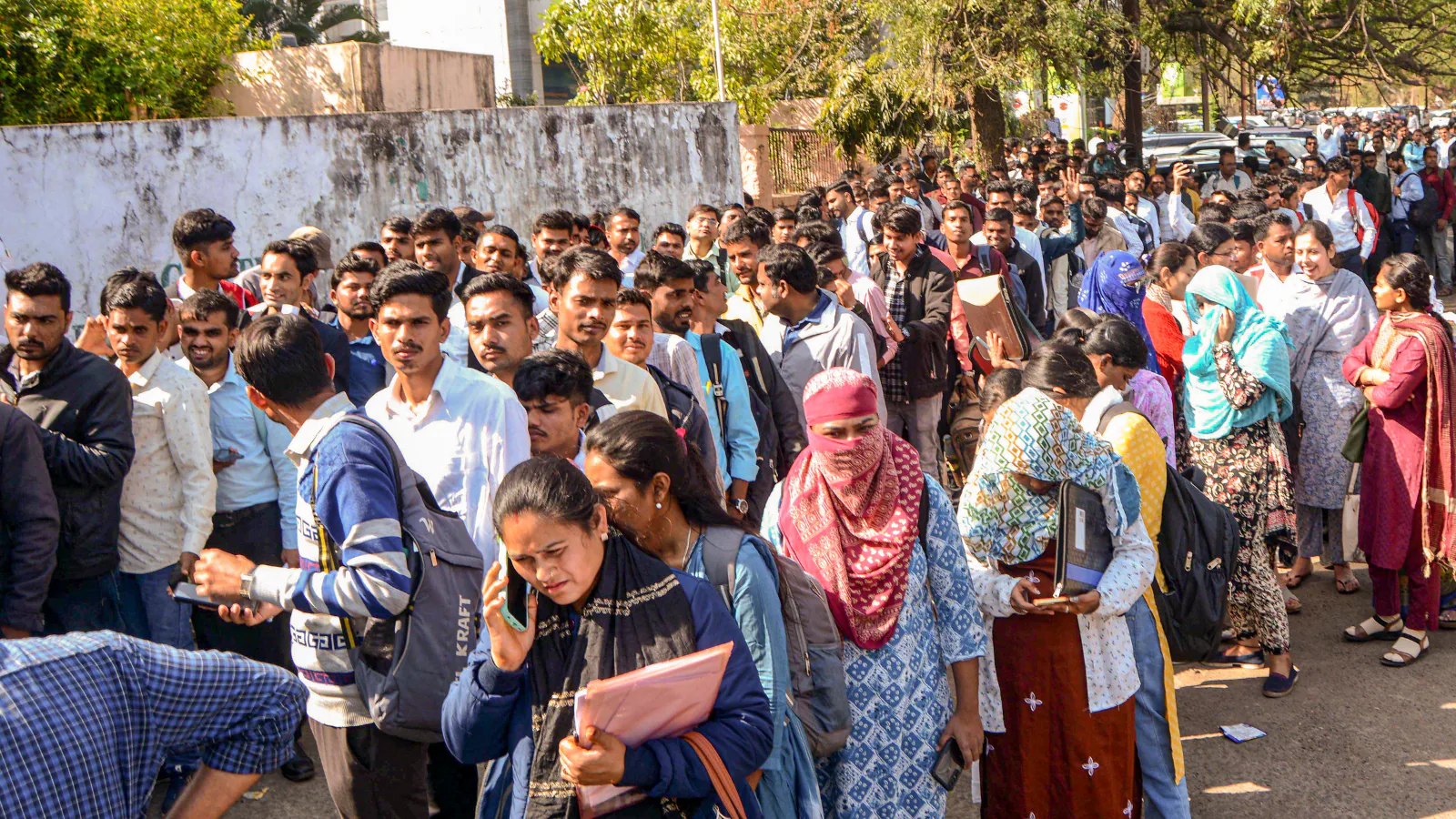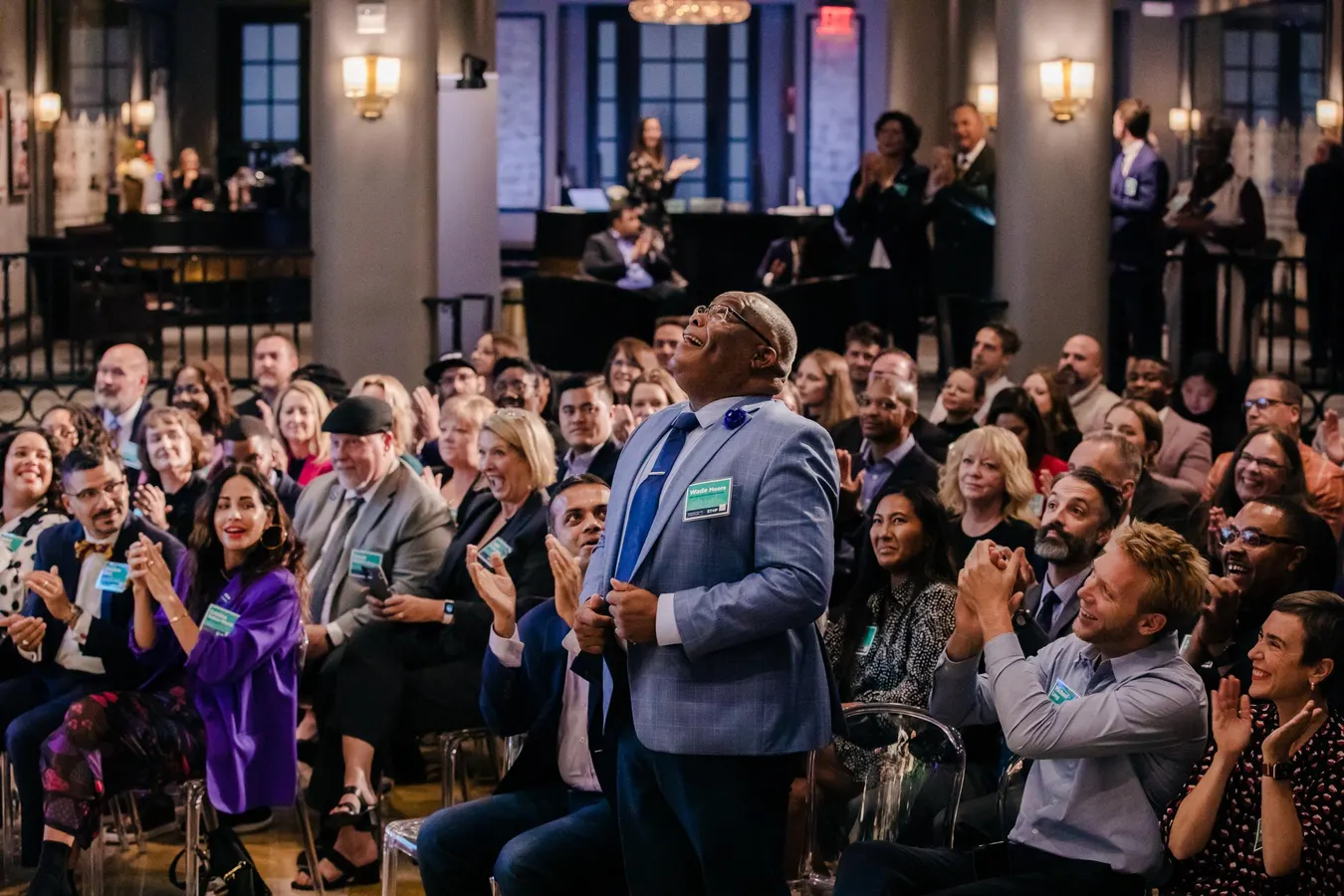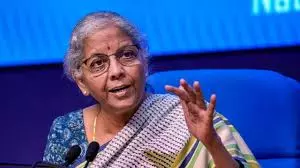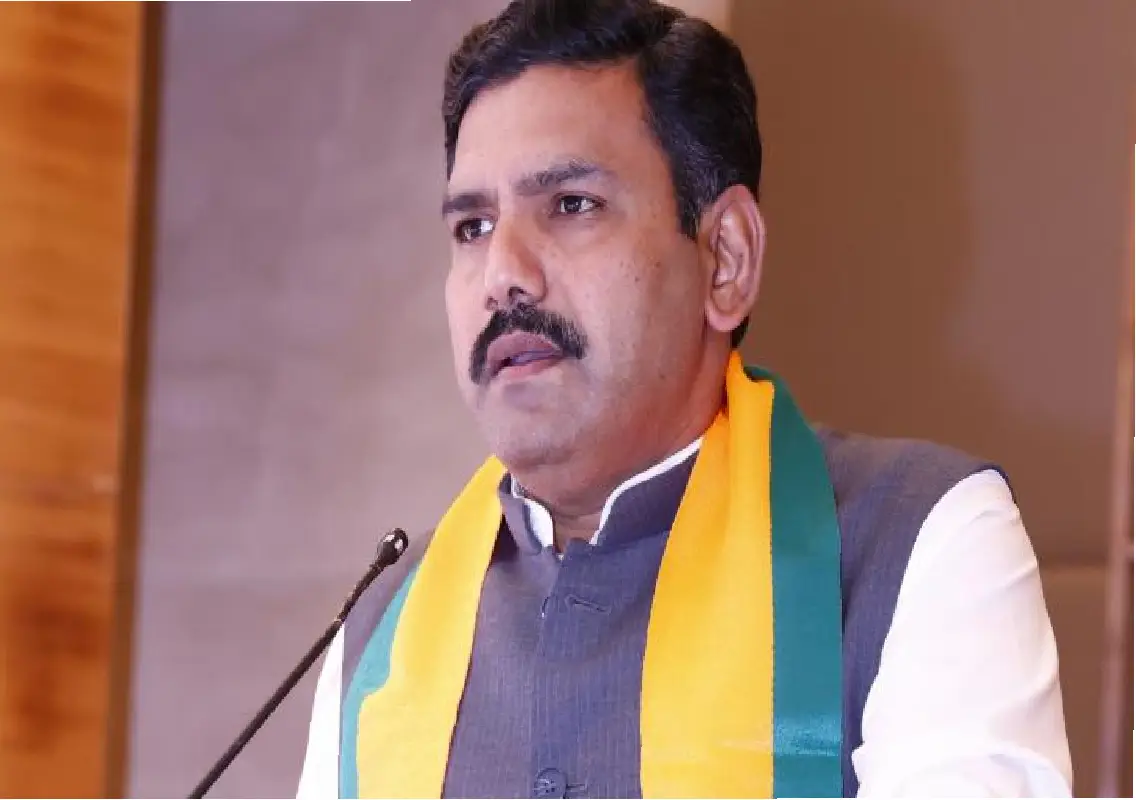
Early voting in Louisiana’s municipal elections kicked off this weekend and poll workers for one of East Baton Rouge’s most hotly contested races waived campaign signs near City Hall, urging motorists along Government Street to vote for their chosen candidates.
Four hopefuls are vying to become the next judge in the Capital City-based 19th Judicial District Court. Dele Adebamiji will appear on the ballot alongside fellow attorneys Vernon W. Thomas, Elzie Alford Jr. and Veronica “Vicky” Jones in a special election. The primary will be held Saturday, Oct. 11, and if no candidate eclipses 50 percent of the votes, the top two vote-getters advance to a Nov. 15 runoff.
The quartet of hopefuls are campaigning in a subdistrict that state lawmakers vastly enlarged earlier this year. After listening to hours of arguments and testimony during a Sept. 9 hearing inside the 19th JDC courthouse, retired First Circuit Court of Appeal judge Jewel Welch denied a bid to revert to the old voting map for the upcoming election. The First Circuit affirmed Judge Welch’s decision in a ruling Wednesday.
The winner will finish the final 13 months of former Chief Judge Wilson Fields’ term. Fields vacated his seat in February to join the First Circuit bench.
The East Baton Rouge district court he left behind is on the precipice of what could be a major overhaul. All 15 judges on the 19th JDC bench will be up for re-election next year, meaning they must mount campaigns to retain their seats unless they face no opposition. Four of the judges will be over the age of 70, meaning they’re restricted from seeking another term unless Louisiana voters approve a constitutional amendment in April that proposes to raise the state-mandated retirement age for judges to 75.
District judges play crucial roles as conductors in the criminal court system, setting and denying bails, approving plea agreements and doling out sentences for defendants. They also set the pace, in many ways, for how cases proceed. An Advocate analysis of hundreds of cases over the past seven years showed it takes an average of three years to resolve murder and manslaughter cases in the 19th JDC, a rate slower than nearly every other Louisiana trial court and lengthier than many cities nationwide grappling with high homicide numbers.
The 19th JDC is a general jurisdiction court, which means judges can also be tasked with handling civil cases and probate matters in addition to criminal dockets. Here is a closer look at what each of the candidates have learned on the campaign trail and what they intend to bring to the bench.
Faith and Community
Dele Adebamiji, 67, touts a community-oriented approach that leans heavily on his deep ties to East Baton Rouge. The Nigerian native immigrated to the Capital City more than 40 years ago and has spent the past 32 years building his legal career in Louisiana.
But he says his familiarity with the parish is just as critical as his legal acumen in making him a good judge.
“I think it’s extremely important because you get to feel the pulse of the community,” Adebamiji said. “You get to know where the community is hurting because there are too many violent crimes.”
Adebamiji has mounted several runs for judge. His most recent came in 2022 when he lost to District Judge Gail Horne Ray in another primary that featured four candidates.
Each time he’s run for office, Adebamiji says, his driving force has been community support.
He spent 10½ years coaching youth soccer leagues and has played a role in mentoring his former players. He plans to continue that outreach as a judge, encouraging youth to pursue education and equip themselves with skills and trades.
“It allows me to be able to know people who are real criminals and people that I know are just following the wrong crowd,” he said of his approach.
While devotion to village may be his lead message, it’s faith that serves as Adebamiji’s guiding force. He said that as an ordained reverend, he relies on faith to be his rudder.
“I just believe that anything you’re doing, you should do it like you’re doing it for God,” he said. “It will allow me to be impartial when I have a case. And it will allow me to better use my discretion for the benefit of the people.
“Follow what the law says, too, and when discretion comes, use it in the right way.”
The Louisiana Supreme Court publicly reprimanded Adebamiji in 2013, ruling he failed to obey a court order to appear in a bankruptcy case and chiding him for trying to practice in Tennessee without being properly licensed as an attorney in that state, according to a consent decree. The Supreme Court ordered Adebamiji to attend a full day of ethics training.
“I didn’t steal anyone’s money or anything like that. It was an issue that came up and I owned up to it,” he said.
An All-Around Approach
Vernon Wesley Thomas comes from a prestigious pedigree. More than 30 of his family members are Southern University graduates and three of them were named to the school’s hall of fame.
Thomas, 44, is trying to add to that legacy by becoming East Baton Rouge’s next judge. The New Orleans native began his legal career after graduating from Southern law school. He preaches a mantra of service, awareness, and compassion.
“I think people want to know that their judges are present,” Thomas said. “After you get elected, that you’re still coming into the community speaking to people and people can see you. They can put their hands on you. And they want to know that you’re at least giving them a voice before you make your decisions.”
On the campaign trail, Thomas promotes a “360-degree perspective on justice,” telling voters he’s prosecuted cases both in the military and civilian world. He’s worked for the public defender’s office and handled civil cases. Thomas has also been a staff attorney for two different district judges, which he says gave him a behind-the-scenes look at the judicial interplay among different agencies of the court.
In October 2008, Thomas was stabbed four times during a road rage incident in downtown Baton Rouge and had to hospitalized three days with injuries that had the potential to be life threatening.
“The 360-degree perspective allows me to see everything from everyone’s point of view,” he said. “Because I’ve been where the prosecutors and defense counsel sits. Because I’ve been a survivor, because I’ve been a staff attorney and worked closely with two judges. I’ve seen it all, I can empathize with everybody’s position. A total both professional, scholastic and human experience that is unique.”
Thomas was publicly reprimanded by the state Supreme Court in 2023 for mishandling his client trust account. Justices ordered Thomas to take a class at the Louisiana State Bar Association’s Trust Accounting School.
Thomas said it was an accounting blunder that he reported to the Louisiana Bar as soon as he realized what happened. Thomas explained he wrote a check from the account and had forgotten about it by the time the payee cashed it months later, causing an overdraft to the account. He now talks openly about the experience at training conferences and uses the error as a lesson for young attorneys.
“Essentially, it was a negligence issue. I did it to myself,” he said. “I hold myself accountable first. I have compassion for people because when I hold myself to that higher standard, I would expect the same grace from somebody else.”
A Model for Success
Elzie Alford, 50, envisions a judicial system that’s “responsive to the people” and addresses their concerns.
He, too, is running for public office for the first time. But he says he’s no stranger to courthouse operations. Alford spent years overseeing day-to-day operations at the Baton Rouge City Courthouse as judicial administrator and city clerk of court.
He’s also worked as a staff attorney for multiple judges and said it gave him insights to increase efficiency and managing his docket. Alford will rely on those trade secrets to manage his docket and keep cases from becoming backlogged.
“We’re elected by the people to do a job and we have to perform,” he said.
One of Alford’s missions is to make attorneys on all sides feel like they can be treated fairly in presenting their cases.
“What most people are wanting is a fair justice system that’s going to be accountable to the people,” he said. “As a future judge, I have to understand that this is the people’s justice system and we have to be accountable to them and meet the needs of the community.”
One of the ways Alford hopes to address Baton Rouge crime is by starting a specialty court that focuses on mental health. The court would use grant funding and be staffed by stakeholders from the District Attorney and Public Defenders offices, law enforcement, probation officers and the mental health community. Defendants who qualify would undergo counseling to treat their mental health issues and the program would rely heavily on sponsors who would work with participants to provide continued care and support well after they’ve completed the court’s mandates.
“You’ll find — especially for a lot of your non-violent crimes — that mental health is a key factor in all of them,” Alford said. “Being a judge and serving the people is my passion. It’s what I’ve done throughout my whole career. I’ve always said that if we have a judicial system that’s responsive to the people, then we will have a judicial system that’s supported by the people.”
Restoring Trust in the Court
After one of her uncles was severely injured in a bad crash, Vicky Jones would drive him and her grandmother to legal appointments at his attorney’s law firm.
Then a teenager, she witnessed the attorneys maneuver her uncle’s case and even got to sit in on some of the in-chamber meetings to see the judge in action up close.
Jones traces her love for the law back to that exposure, stoking a fire that’s sustained her nearly 35-year career.
“That showed me how important an attorney is in your life,” she said. “Then when I met the judge and saw how the case concluded, it made me realize what a big impact a judge’s ruling can have on the whole family. Although my uncle was the only plaintiff, his case affected our whole family.”
Jones, now in the throes of her bid to become a judge, wants to restore some of the public’s trust in the justice system. She’s been disheartened by some of the concerns she’s heard while canvassing communities. Voters say they’re not treated fairly, are frustrated by judges they say are incompetent and feel like they don’t understand what’s going on when they come to court.
Jones said she wants to explain to litigants in the courtroom what’s going on as proceedings play out in real time to make them feel included in the process.
“I want to tell people when we take a recess, this is what we’re taking a break to do. I’ll be talking to attorneys in the back and then I’ll come back to the bench,” she said. “So they’re not just sitting in a courtroom and feel like, ‘Okay, the judge went to lunch and just left me sitting here.’”
One of the other ways Jones plans to build trust, if she’s elected, is by trying to convince her colleagues on the bench to establish an advisory council. She and a panel of other judges would meet with a coalition of community leaders quarterly or bi-monthly to address the public’s concerns about the court, getting feedback about changes they could consider. Jones sees it as a way to keep judicial officials connected with the community, foster transparency, bolster accessibility and educate the general public.
“Having sound decisions, setting appropriate bails, considering mental health issues, working to try to rehabilitate people rather than just punish them,” Jones said. “Those are the things that I think will help rebuild the public’s faith in the judicial system. They want to see consistency, they want to see fairness and I believe I can bring all of that.”



